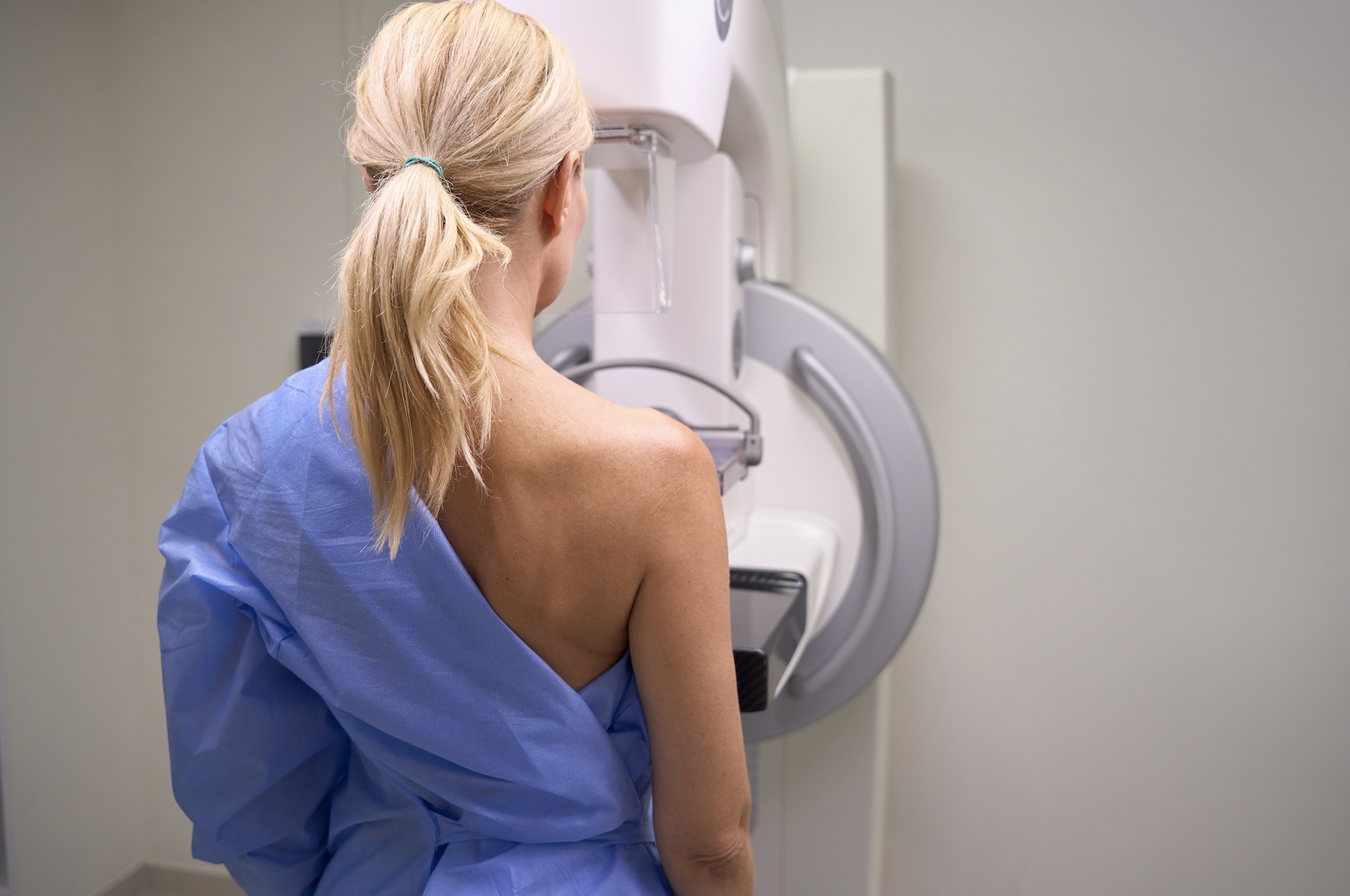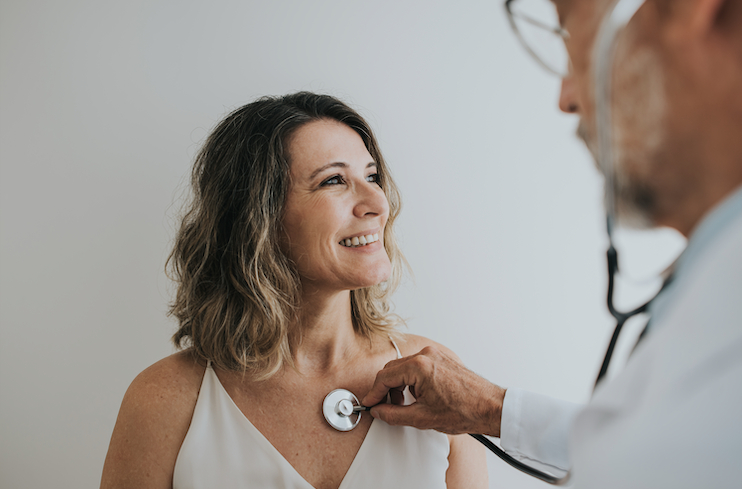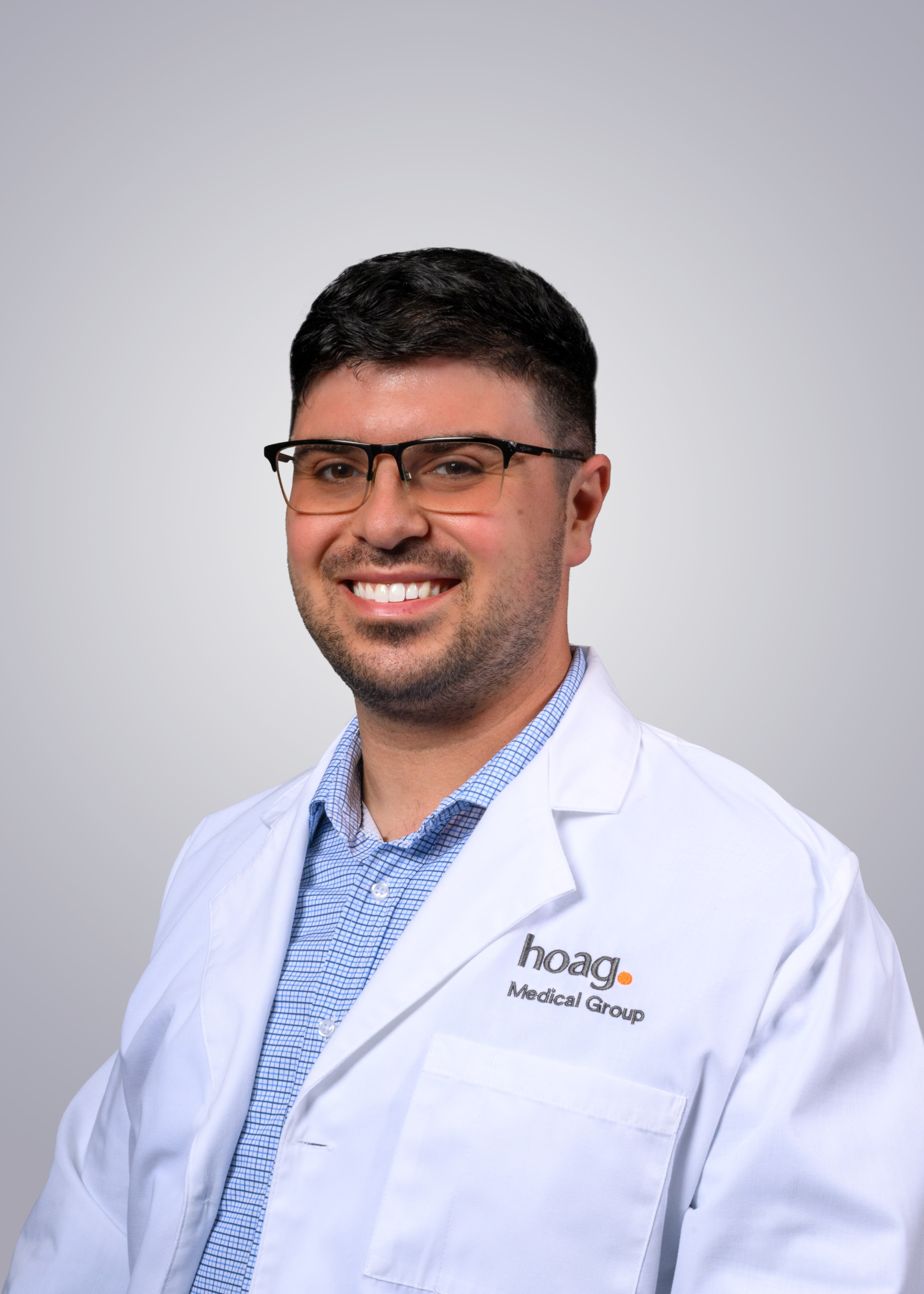
Last updated January 22, 2025
Human Papillomavirus (HPV) is a virus that’s spread by skin-to-skin and sexual contact. It is the most common sexually transmitted infection in the United States. Different strains of HPV are linked to most cervical cancers, genital warts and some rare forms of cancer of the anus, vagina, penis, mouth and throat.
“Fortunately, there is a vaccine that’s extremely effective at preventing HPV infection,” said Marie Sharpe, M.D., OB/GYN at Hoag. The CDC states, “ [The] HPV vaccine has the potential to prevent more than 90% of cancers caused by HPV.”
That said, cervical cancer still affects more than 14,000 women in the U.S. every year and is responsible for 4,000 deaths each year. “So, in addition to getting vaccinated, people between the ages of 21 and 65 should get screened for cervical cancer every 3-5 years, even if you received an HPV vaccine,” said Dr. Sharpe.
Timing Is Everything. In order for the vaccine to be most effective, it is important to get vaccinated before a person becomes sexually active. It’s recommended for preteens aged 11 to 12 years but can be given starting at age 9. More than a decade of data suggests that the tween years are optimal years to get vaccinated.
It’s Not Too Late. If you did not get vaccinated as a tween, don’t worry. Through age 26 and even up until age 45, vaccinations can still provide some benefit. Adults aged 27 through 45 years, who are not already vaccinated may decide to get the HPV vaccine after speaking with their doctor about their risk for new HPV infections and the benefits of vaccination. HPV vaccination in this age range provides less benefit, as more people have already been exposed to HPV.
Beyond Pap Tests. “Although Pap testing should begin at age 21, women should get an HPV test, in addition to a Pap smear test beginning at age 29,” said Dr. Sharpe. That is because Pap smears test for the presence of precancerous or cancerous cells on the cervix and the HPV test can determine which people are at the highest risk for developing cancer. “Of all the gynecologic cancers, cervical cancer is the most preventable with a combination of the HPV vaccine plus consistent screening tests.”
Hoag treats more women experiencing gynecologic cancer than any other hospital in Orange County. Hoag is known for its clinical trials, genomic technologies and robotic surgical excellence which give our patients every possible advantage.
To schedule your child’s HPV vaccine, reach out to your Hoag pediatrician. For a complete list of pediatricians, please visit Find a Doctor | Hoag Hospital.
To schedule your Pap test, call your OB/GYN. For a complete list of OB/GYN providers, please visit Find a Doctor | Hoag Hospital.
Source: cdc.gov









